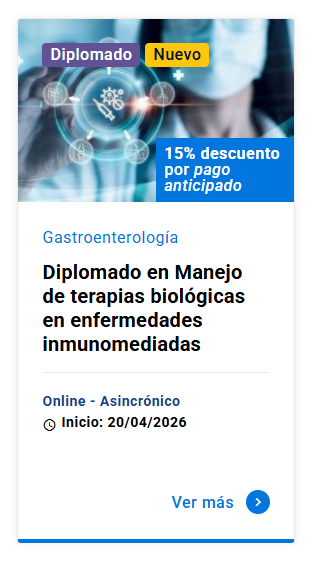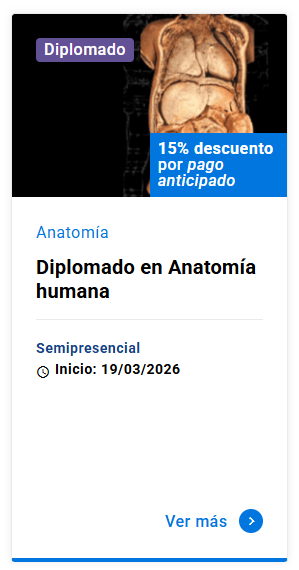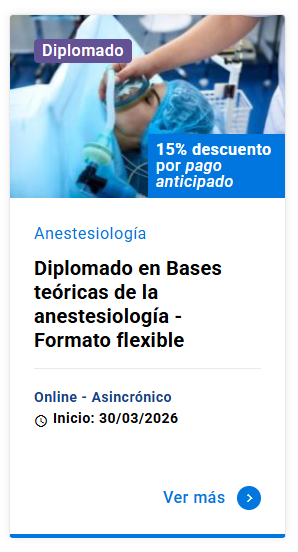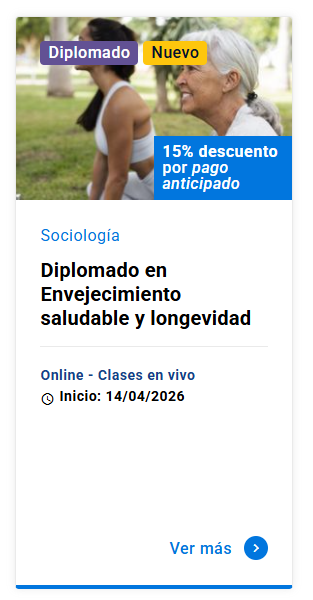New beginnings in post graduate medical education. Latin American Medical Education Leaders Forum
Nuevos comienzos en la educación médica de postgrado. Foro Latinoamericano de Líderes en Educación Médica
DOI:
https://doi.org/10.11565/arsmed.v46i4.1853Palabras clave:
post-graduate medical education,, Latin America, international forum, , Covid-19Resumen
Introduction: The consequences of the Covid-19 epidemic have been catastrophic for Latin America in 2021. This study explores experiences, lessons learned, and practice changes during this critical time in post-graduate medical education in Latin America. Methods: A panel of 53 post-graduate medical education leaders from 8 Latin American countries and Canada was invited to participate in the 2021 Latin American Medical Education Leaders Forum to share their experiences, lessons learned, and main educational practice changes given the Covid-19 pandemic scenario. Participants were selected following a snowball technique with the goal of obtaining a diverse group of experts. Small group discussions were conducted by bilingual facilitators based on a semi-structured questionnaire. The plenary session with the main conclusions of each group was recorded and fully transcribed for a thematic analysis using a framework methods approach. Results: Participants´ profiles included 13 experienced clinician-educators, 19 program directors, and 23 deans or organizational representatives. Seven specific themes emerged. They followed a pattern that went from an initial emotional reaction of surprise to a complex collective response. The responses highlighted the value of adaptability, the application of new digital skills, a renovated residents’ protagonism, the strengthening of humanism in medicine, the openness of new perspectives in wellness, and finally, an unresolved challenge of assessment in medical education in a virtual post-pandemic scenario. Conclusion: A diverse panel of medical educators from Latin America and Canada identified changes triggered by the Covid-19 pandemic that could transform postgraduate medical education in the region.
Descargas

Descargas
Publicado
Cómo citar
Número
Sección
Licencia
Derechos de autor 2021 ARS MEDICA Revista de Ciencias Médicas

Esta obra está bajo una licencia internacional Creative Commons Atribución-NoComercial-SinDerivadas 4.0.
Los autores/as conservan sus derechos de autor y garantizan a la revista el derecho de primera publicación de su obra, la que estará simultáneamente sujeta a la Licencia CC BY-SA 4.0 (Ver declaración de Acceso Abierto).







